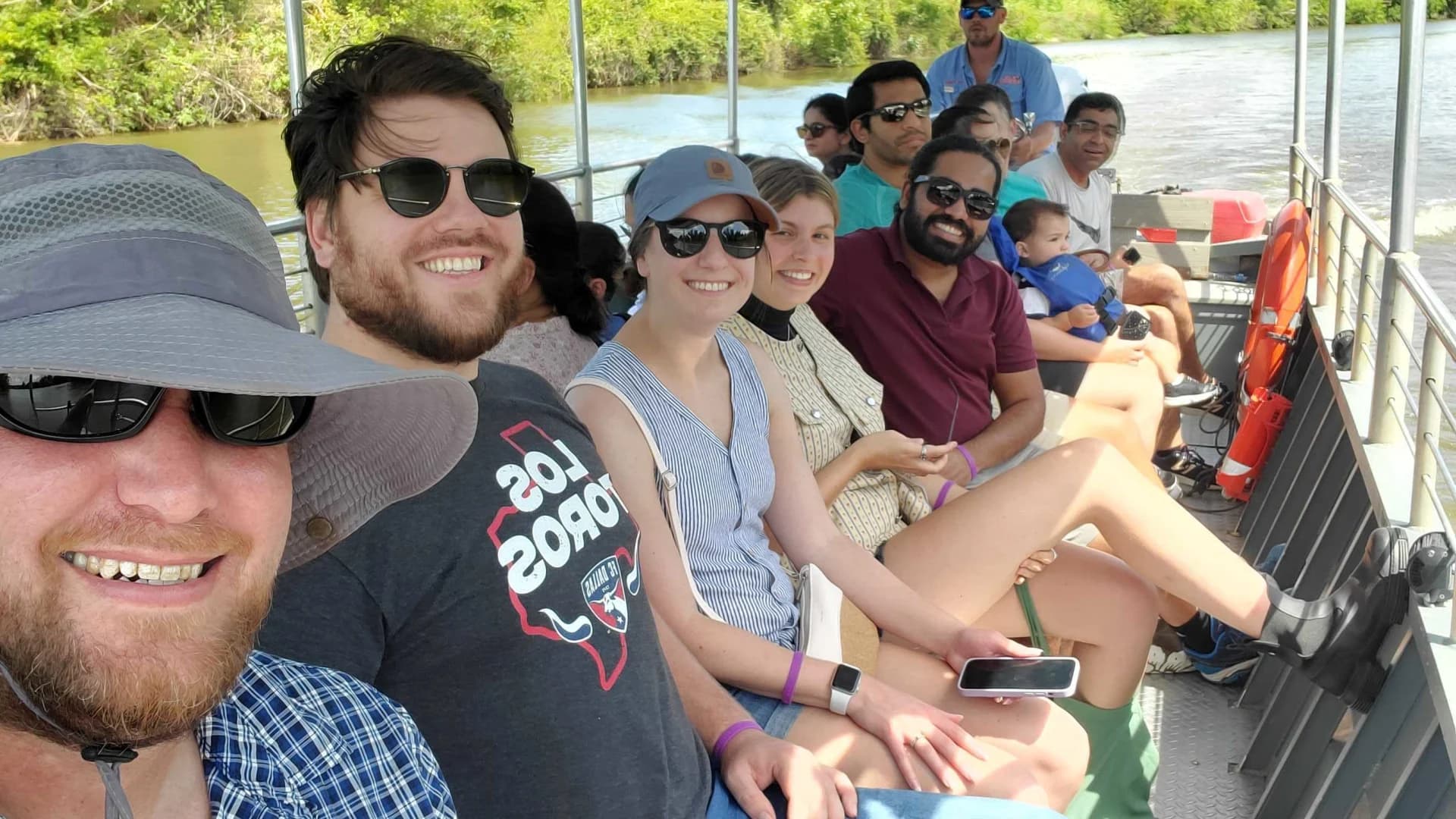
Skill sets to develop for Workday Support role.

Additional information
Hi Shaundar, Since you’re familiar with career transitions, could you please share which skills I should focus on developing to succeed in a Workday Support role?
Nitali D. asked a question to Shaundar B.
Category: Career progression
Date asked: Sunday, August 24, 2025
Last reviewed: Wednesday, August 27, 2025

Shaundar B.
principal business consultant
Hi, Nitali - great question! If you're looking to support Workday from an operations support perspective (this is often a role that could be deemed "HR Operations" or "HR Specialist" and may have a high-touch role with staffing transactions in Workday), I would recommend getting familiar with the various business areas of HR (HR Business Partners, Benefits, Absence, Recruiting, Compensation, etc.) and learning more about the types of transactions that each typically uses an Human Resources Information System (HRIS) like Workday for. Understanding basic workflows for things like a Leave of Absence transaction, or Job Application, or Hire transaction can be helpful to understanding where the system handoffs may occur and what data is important for each. It can also be helpful to familiarize yourself with common reports that HR professionals in each of these areas use and get an understanding of how they are built and for what purpose.
Now, to take things to another level and work in a role that configures in Workday, you'll want to build skills in understanding the data structure in Workday. Workday is business object-based, so familiarizing yourself with different business objects in Workday (if you have tenant access, look for a "business object details" report, which you may or may not have access to), what fields they contain and how they connect to other business objects, can be a vital foundation for things like Reporting, as well as building calculated fields and condition rules. Understanding the security model is another important skill to build, so gaining some fluency around the different types of security groups and how they function to grant permissions can be very helpful when you're looking to transition into supporting the system at a higher level. It is also really important to understand business process workflows. Process mapping can be a useful exercise to engage in (regardless of the type of system you work in) to build this skill, identifying the order of operations for various transactions, who should receive each step, under what conditions steps should or should not be triggered, and whether any steps should also trigger a notification to a particular group/ recipient. Lastly, developing skills in testing can be very helpful for a role in supporting Workday from a design/ configuration/ test perspective, as each new configuration or configuration change should be thoroughly tested before being put into Production. When considering a change, you'll want to think about all the potential scenarios that could occur and try writing test cases (how one might prove out what will happen when the scenario occurs and what you would expect as the result) for each. If you have the opportunity to get involved in testing (even for projects you may not have initially been involved in), this is a good way to get exposure to this skill and begin building your experience in this area.
Hope that helps!
Wednesday, August 27, 2025